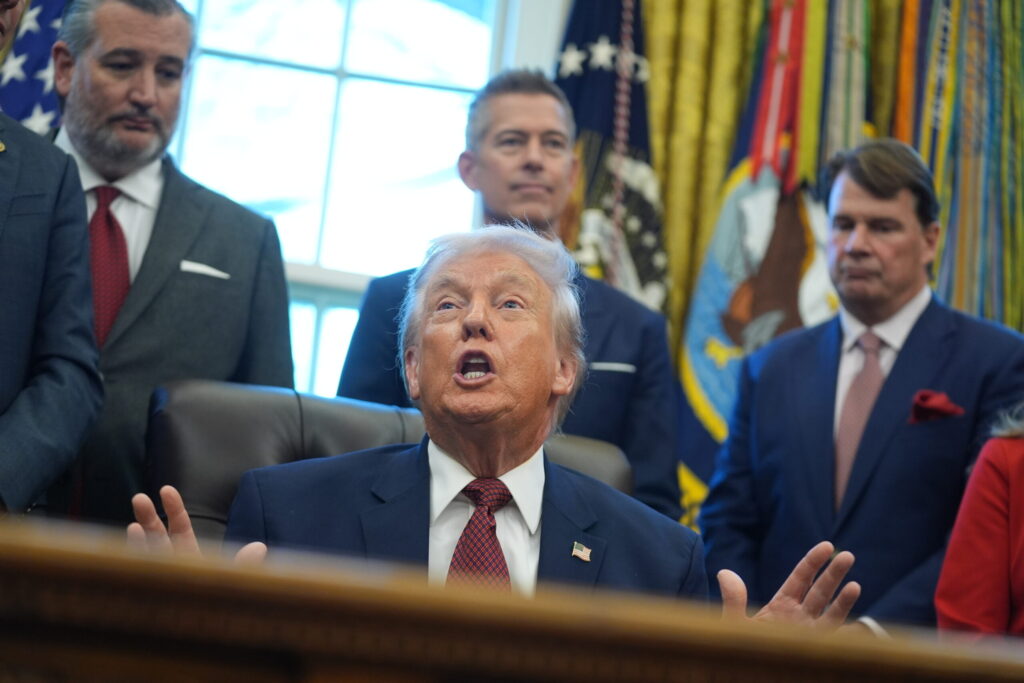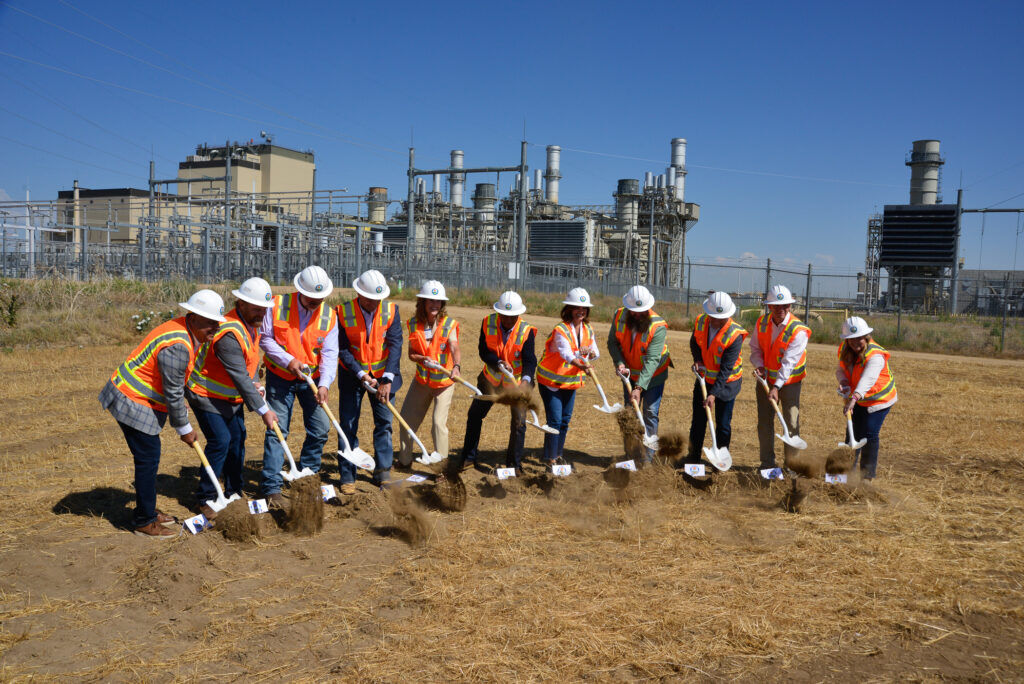Sales of new EV cars and trucks in Colorado must reach 82% by 2032
In the name of meeting Gov. Jared Polis’ Greenhouse Gas Reduction Roadmap goals, auto buyers will have fewer options for buying non-electric vehicles in less than 10 years, according to a new regulation just enacted by the Colorado Air Quality Control Commission.
The commission passed an amendment to air quality regulations that requires auto dealers in Colorado sell at least 82% of their inventories as electric vehicles by 2032. Regulation 20 already makes it illegal to register, buy, sell, purchase, lease, import or acquire a new 2022 or later model year vehicle that does not meet California’s strict emissions standards.
The low emission vehicle regulations were first passed in 2018 after then-governor John Hickenlooper issued an executive order directing the state health department to develop the regulation based on California’s vehicle emissions standards.
Colorado Energy Office Director Will Toor said at the hearing that mandating 82% of new vehicles sales include EVs by 2032 provides flexibility and allows for market adaptation by vehicle manufacturers. Toor also said that reaching 82% EV adoption will likely pave the way for full vehicle electrification – even though the exact timeline might be uncertain.
“(This regulation is) one that a few years ago I think very few people would’ve believed was feasible,” Toor said. “We are seeing remarkable advances in transportation electrification that I think do make 82% by 2032 feasible in the state of Colorado, but it’s still a very ambitious rule.”
Toor said that the proposed approach reflects the “Colorado way,” balancing the state’s leadership position in clean energy with considerations for rural communities and small businesses by not selecting the alternative 100% electrification proposed by some environmental groups.
“By the time we’re up to 82% I think that we will be on a essentially irreversible trajectory as noted by the environmental advocates,” Toor said. “Projections are that cost decreases in batteries will lead to zero emission vehicles being cheaper than internal combustion engine vehicles in most vehicle categories by the early thirties, which suggests that we will likely see the technology continue to expand almost regardless of the regulatory structure that is put in place.”
But critics are not convinced that either supply chains or the economy can support widespread EV adoption.
“Coloradans, we prefer our light trucks and SUVs – vehicles that are in short supply,” said Angie Bender, executive director of the Colorado Petroleum Association. “Just this week, Ford announced it is laying off workers who are building the F-150 lightning due to multiple constraints including the supply chain, with sales falling 45% in the third quarter. Just Tuesday, GM announced its delaying EV production for a year.”
The Colorado Automobile Dealers Association said in its October 2023 Colorado Auto Outlook that new retail light vehicle registrations are expected to increase 7.8% this year and 5.1% in 2024. Battery electric vehicles accounted for 11.2% of the market in the first nine months of the year, up from 7.8% last year.
The new report also shows that Colorado is among the top states in the country when it comes to EV sales, with a record 17.1% of total vehicle purchases being electric this quarter, up from 13% for the first half of this year, surpassing a previous record, according to a news release. Colorado is fifth in the country for EV sales and one in five cars sold in Colorado are electric.
“Colorado’s electric vehicle sales are soaring because people know these cars save people money and often have superior performance,” said Polis in the release.
The Environmental Justice Coalition said the full regulation mandating 100% electric vehicle sales by 2032 is the appropriate choice because equity should be the tiebreaker. The full rule, they said, has been shown to provide greater benefits for vulnerable communities in terms of health impacts and economic affordability.
“The Environmental Justice Coalition is here today to urge the commission to adopt the full rule. Only the full rule, and not the division’s partial rule, is going to secure benefits for communities and that’s what communities are calling out for,” said Alexandra Schluntz, an attorney with Earthjustice, a nonprofit environmental law organization. “They are calling out for secure commitments, strong commitments, not half-baked promises.”
Schluntz highlighted the historical context of transportation policies that disproportionately impact low-income and non-White communities, leading to higher levels of pollution and health disparities in her testimony.
Representatives from Northglenn, Boulder County, Adams County, and Weld County agreed in general with the proposed regulation, but with individual concerns about details.
“CPA supports technology neutral free market solutions that provide consumer choice including EVs, but opposes government mandates,” said Bender. “Low carbon, liquid fuels have been and will continue to be essential to decarbonization efforts.”
The regulation could have a chilling effect on additional investments by companies in carbon reducing technologies like carbon capture and sequestration projects, hydrogen renewable fuels and other low carbon liquid fuel technologies that can reduce emissions from internal combustion engines, Bender said.
Claims the zero-emissions program will result in significant cost savings to consumers in the form of decreased fuel and maintenance costs, as well as reduced upfront vehicle costs, Bender said “appears to be based largely on projections and analysis conducted by the California Air Resources Board and is specific to vehicle owners in California, not Colorado.”
Bender said the organization opposes the proposed regulations, citing concerns about technology mandates, legal issues, and fuel supply constraints. She said that Colorado’s geography and population density, which includes rural areas and harsh weather conditions, make widespread electric vehicle adoption challenging and that a more flexible approach is necessary to achieve emissions reductions effectively and affordably for Coloradans.
“Individual vehicle owners with specific needs are best positioned to weigh the costs and benefits of available technologies and other vehicle features appropriate to their individual needs,” Bender said.
“New Car Dealers are happy to help lead the way in the electrification of transportation,” said Matthew Groves, CEO of the Colorado Automobile Dealers Association, in a news release. “While we have a long way to go, today is evidence that business and government in collaboration are a powerful force in creating generational change.”













